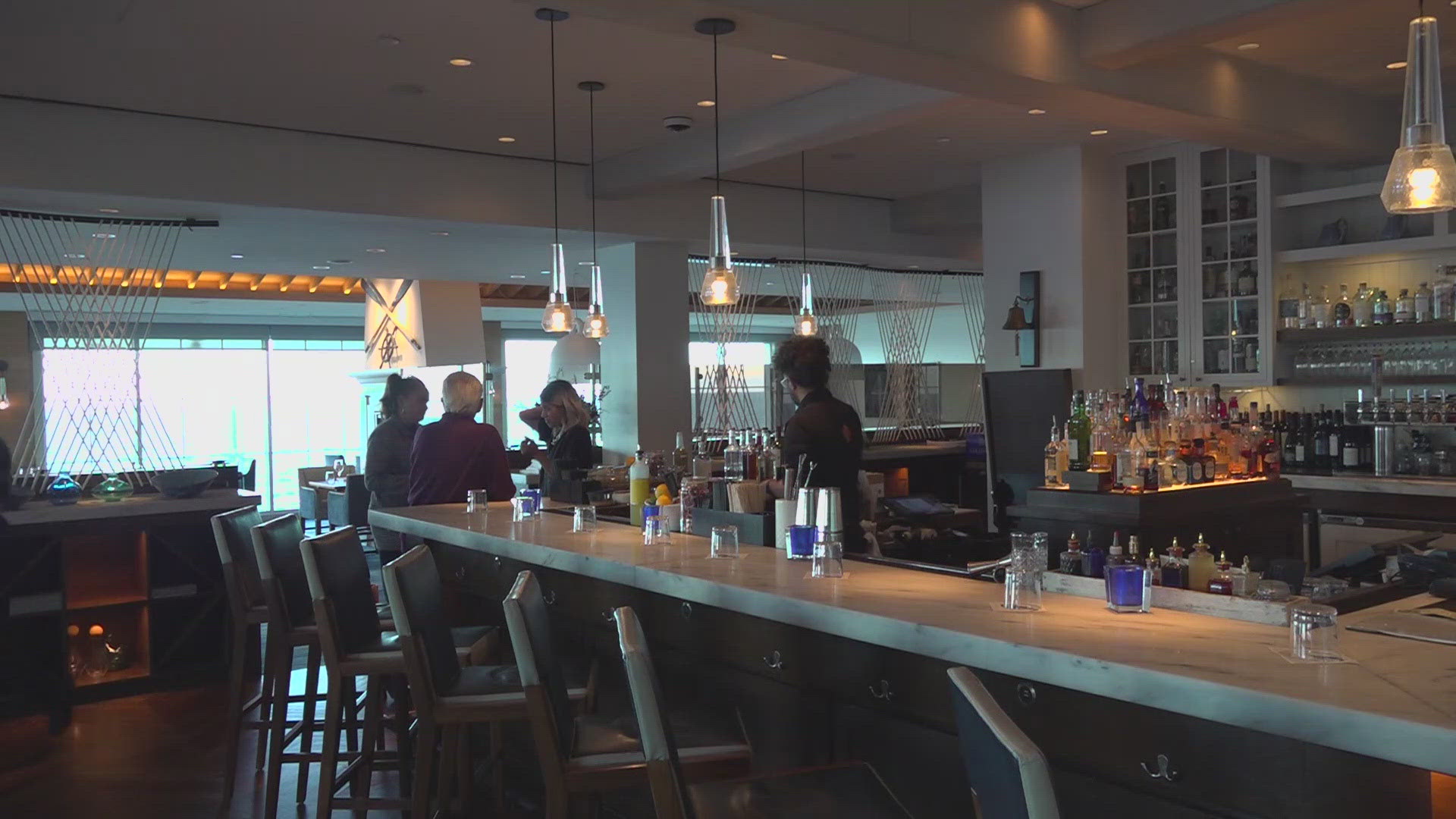PORTLAND, Maine — Following the Department of Labor and the Department of Homeland Security's announcement that 64,716 extra H-2B work visas would be available for fiscal year 2025, many employers across the country and in Maine who depend on non-citizen seasonal workers to keep their doors open could take a sigh of relief.
H-2B work visas are non-agricultural employment visas that allow businesses in the U.S. to hire temporary, seasonal, non-citizen employees from Guatemala, El Salvador, Honduras, Haiti, Colombia, Ecuador, or Costa Rica to fill vacancies in industries like tourism, landscaping, and seafood processing.
Every year, 66,000 congressionally mandated H-2B work visas are available. But with the newly approved supplement, which is the maximum allowed, more than 130,000 temporary work visas will be available next year.
Business owners like Stephen Carr, who owns Stephen Carr Property Services, rely on these visas. Carr shared he often goes months struggling to fill vacant positions, making H-2B workers critical in filling those gaps.
"The last several years, we've gone all summer offering what we can offer new employees, and it's just radio silence. There are no applicants out there," Carr said, explaining the difficulties he has when searching for American citizens to fill permanent roles. "Very few, if any. Especially few who, if you set up an appointment, will show up for the interview or that will call you back."
Carr said 15 employees out of his staff of 30 travel to the U.S. to work temporarily.
"Without sufficient labor, we're not able to grow our company or provide the services to our potential clients," he said.
A lot of Carr's clients, like Cliff House Resort in Cape Neddick, employ H-2B workers as well.
Cliff House managing director Nancy White said her hospitality employees serve some 500 to 800 guests daily.
"Somebody coming out of college does not necessarily want to clean a room," White said.
She explained that not having the staff to fill hospitality positions could mean the difference between having an exceptional stay at a high-end resort like Cliff House, which sits on the shore of the Gulf of Maine, or having a poor experience.
"We have full-service housekeeping. We have turn-down service," White said. "Our guest expect that in the evening. If we didn't have that, you'd be cleaning your own room."
Employers must complete a certification process through the DOL to be approved to hire workers with H-2B work visas, confirming there are not enough U.S. workers who are able, willing, qualified, and available to perform the temporary work they're seeking.
Employers must also certify that employing H-2B workers will not adversely affect the wages and working conditions of similarly employed U.S. workers.
Carr said he believes having the option to hire H-2B workers who can fill necessary jobs that some U.S. employees may not find appeasing helps employers recruit U.S. workers for other professional roles they may be more inclined to apply for.
Carr and White both said people often try to conflate non-citizens who spend time in the U.S. while holding an H-2b visa and people who immigrate to the U.S. They explained it is not the same, and the circumstances are completely different.
"H-2Bs are working visas," White said. "They don't want to live here. They come here to work. They fill jobs that we cannot fill with local workers."
H-2B visas expire after three years. Once the visa expires, a non-citizen worker has to leave the U.S. for an uninterrupted period of three months before applying for a new work visa.
White said she appreciates workers who sacrifice time with their families to travel to the states to work.
She and other business owners often petition for workers in April, sometimes not getting workers until May or June. H-2B workers cannot work in the U.S. past December.
White explained that every year, the DOL and DOS have to approve supplemental work visas. She said she believes it's not an efficient model, and she explained she would like to see the departments remove the cap and allow an uncapped number of seasonal workers to fill vacant roles.
"Having the cap on it is really challenging," White said. "So, 60,000 is great. It's helpful. It's not the answer though."
Sens. Angus King and Susan Collins have been supporters of the H-2B visa program.

